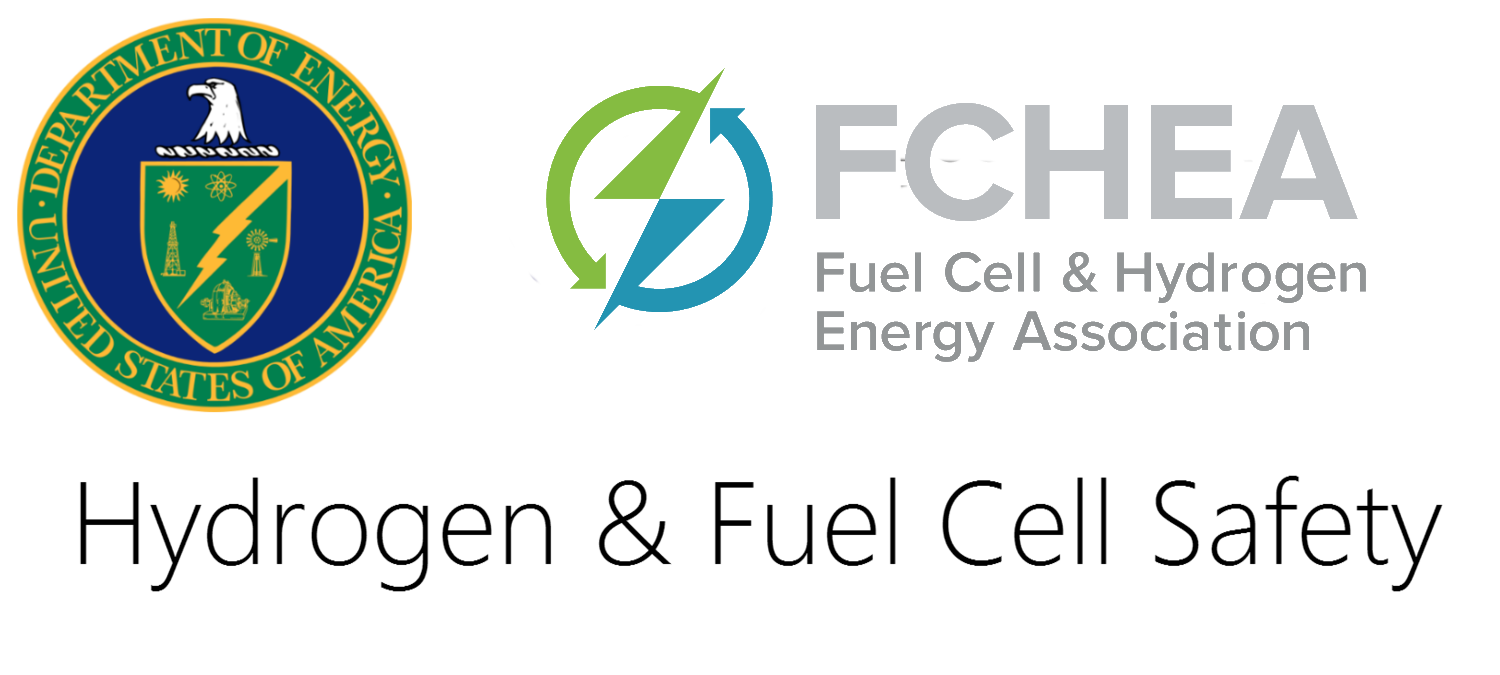May 2010 Safety Report
Hydrogen Fuel Quality – Discussion Invitation
Karen Hall, National Hydrogen Association
ISO/TC 197 Plenary Meeting is held in Essen, Germany
Karen Hall, National Hydrogen Association
International Standards Priorities to be Discussed at PATH Workshop
Karen Hall, National Hydrogen Association
National Hydrogen and Fuel Cells Codes & Standards Coordinating Committee Teleconference - April 2010 Minutes
Chad Blake, NREL
Hydrogen Fuel Quality – Discussion Invitation
Karen Hall, National Hydrogen Association
During the ISO/TC 197 Plenary meeting (see related article), a discussion took place regarding the International Standards development work for hydrogen fuel quality.
There are three activities relating to hydrogen fuel quality within ISO/TC 197. The original document, ISO 14687, had a scope intended to cover all applications. However, experts recognized that the grades of fuel described in this document were not suitable for proton exchange membrane (PEM) fuel cells and a new work item proposal was developed to create a grade suitable for PEM fuel cell vehicles. This resulted in a change in scope for ISO 14687 and a Corrigendum was published as follows: ISO 14687-1:1999/ Cor. 1:2001/Cor. 2:2008Hydrogen fuel — Product specification —Part 1: All applications except proton exchange membrane (PEM) fuel cells for road vehicles.
A Technical Specification (ISO TC 14687-2) was then developed and published to cover hydrogen quality for PEM fuel cells for road vehicles. That activity is now continuing to develop an International Standard.ISO 14687-2 Hydrogen Fuel —Product Specification — Part 2: Proton exchange membrane (PEM) fuel cell applications for road vehicles. The Working Group (WG)12 draft International Standard is expected by the end of the year.
During the past year, an effort to address a related issue for hydrogen quality for PEM fuel cells for stationary applications has also begun. This will produce ISO 14687-3 Hydrogen Fuel – Product Specification – Part 3: Proton exchange membrane (PEM) fuel cell applications for stationary appliances. This is being addressed by Working Group 14, which held a kick-off meeting in March 2010. Publication of this document will require a further change in scope to ISO 14687-1.
During the March kick-off meeting, WG 14 discussed a scope change for consideration by ISO/TC 197. This scope change was going to be proposed but has been withdrawn pending further discussion at the Technical Committee level during the 2010 Plenary. Experts at the Plenary raised concerns over the number of grades of hydrogen overall, which would be increased by the proposal from WG 14 to cover a range of hydrogen generators and purification systems.
In addition to all of this, the original document is due for a systematic review, and participating countries agreed the document required review and modification. There is a desire to review the general issue of hydrogen quality and consider simplifying the number of hydrogen fuel quality specifications. ISO/TC 197 indicated that all three parts of ISO 14687 will be examined once part 2 has advanced.
As an active participant in much of this work, I have some observations and encourage discussion of the issues among the stakeholder groups.
- ISO 14687-1 is not being used as far as I can tell. Specifications are made by agreement between the hydrogen supplier and the customer. I welcome hearing from anyone who is currently using this International Standard.
- ISO 14687-2 is developing test methods to enable testing for compliance with this document. Experts believe the resulting Part 2 will provide a fuel quality that is suitable for applications beyond PEM fuel cells for road vehicles.
- There is a desire to avoid requiring the same fuel to undergo separate testing to verify it complies with more than one resulting hydrogen fuel grade. After all, if the fuel complies with the most stringent grade, why undergo additional testing to allow use in less stringent applications?
BROKEN
International Standards Priorities to be Discussed at PATH Workshop
Karen Hall, National Hydrogen Association
The Partnership for Advancing the Transition to Hydrogen (PATH) is holding a workshop on “International Codes & Standards” in Essen, Germany on Thursday 20 May 2010. This venue also serves as the site of the 18th World Hydrogen Energy Conference (WHEC). There is no cost to participate in this PATH workshop; however participation is limited to PATH members and invited guests.
This workshop will facilitate an interactive discussion designed to identify international codes and standards needs from the individual country perspective, prioritize those needs, and outline a plan for achieving them.
This international workshop is being supported by the U.S. Department of Energy and will facilitate input and discussion from all PATH associations and their members.
About PATH
The Partnership for Advancing the Transition to Hydrogen (PATH) is a not-for-profit international coalition of hydrogen associations that seeks international cooperation to help advance the transition to hydrogen as a carbon-free energy carrier and a solution to environmental and energy issues.
PATH was established in 2002 in collaboration with the governments and national hydrogen associations of Canada, Japan and the United States.
Since its founding PATH has focused on three major activities: building the international network of hydrogen advocates by holding Executive Meetings around the world; sharing information among partners through newsletters, webpages, and the Initiative Database; and developing codes and standards for the safe use of hydrogen. The PATH Board of Directors has drawn up a list of additional activities that PATH should engage in, including: helping countries form hydrogen associations; sharing association management best practices; sharing public education and other outreach communications among partners; facilitating professor and student exchanges between countries; and maintaining a calendar of events and project opportunities.
For more information, please visit the PATH website at www.hpath.org.
